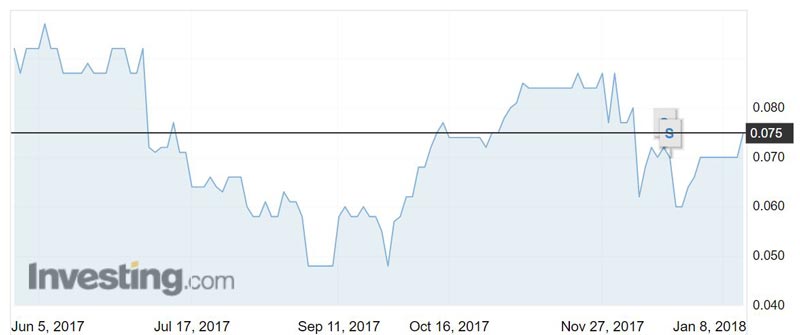New scare for Tanzania plays after move to cancel retention licences

Pic: Schroptschop / E+ via Getty Images
The Tanzanian government plans to revoke any retention licences issued to exploration companies under previous legislation.
A retention licence is a holding title for a project that gives a company more time to develop the resource and secure financing.
Once considered an investment-friendly country, the east-African nation stunned ASX resource plays in July last year with sweeping changes to its Mining Act, including compulsory 16 per cent government ownership of mining companies.
Indiana Resources (ASX:IDA) — which holds a retention licence for its Ntaka Hill nickel project and is finalising a capital raising — warned investors of Tanzania’s further changes to its legislation last week.
Explorers active in the country were buoyed by news late last year of the appointment of a new minister of minerals, Angellah Kairuki, who appears to be more receptive to opening up the country to foreign investment.
- Bookmark this link for small cap breaking news
- Discuss small cap news in our Facebook group
- Follow us on Facebook or Twitter
- Subscribe to our daily newsletter
Indiana received its five-year retention licence for the Ntaka Hill project in April 2015.
The company is focused on progressing its gold and nickel projects in the country, but is also considering new acquisitions as well as a potential joint venture partnership or sale of its Ntaka Hill project.
Indiana has been looking to pick up projects that are prospective for lithium or base and precious metals in more “stable and transparent” jurisdictions.
“The cancellation of retention licences was not contemplated in the new legislation and the company has not received any formal notification from the government of Tanzania on the cancellation of the Ntaka Hill retention licence,” Indiana told investors.
Staying positive
The company remains upbeat, however, that it will secure a replacement licence.
“Given that there has been no breach of the conditions of the Ntaka Hill retention licence or failure to comply with the Mining Act or the applicable regulations, Indiana would be surprised if it was not offered an alternative class of licence.”
Investors took comfort in Indiana’s reassurance, with shares gaining 7.1 per cent to reach 7.5c on Friday. However, six of the 11 ASX-listed juniors that have projects in Tanzania witnessed share price slumps between 1.7 and 10.3 per cent.

- Bookmark this link for small cap breaking news
- Discuss small cap news in our Facebook group
- Follow us on Facebook or Twitter
- Subscribe to our daily newsletter
It is believed there were only a small number of retention licences previously granted, including for the Kabanga nickel project, which is jointly held by Canadian mining heavyweight Barrick Gold and Switzerland-based Glencore.
The government has been in a drawn-out dispute with Barrick and its 63.9 percent-owned subsidiary Acacia Mining, which has three operating gold mines in Tanzania.
Hope for explorers
Indiana chairperson Bronwyn Barnes told Stockhead previously that Tanzania is a “wonderfully mineral rich country and the potential for the country still remains”.
Several junior explorers, including graphite players Kibaran Resources (ASX:KNL) and Magnis Resources (ASX:MNS), along with industry body the Australia-Africa Minerals & Energy Group (AAMEG) have been in ongoing talks with the Tanzania government since July.
“Part of our role is to promote investment and mining in these countries and if they do change legislation or make it difficult to do business then that’s something obviously we’re concerned about,” AAMEG newly appointed CEO Bill Witham told Stockhead.
Kibaran and Indiana are members of AAMEG.
AAMEG is confident that Tanzania will issue new licences to companies that hold a retention licence.
“I think that any company that has been behaving well and has these retention licences will keep them, but they will need to change it to a new form of licence,” Mr Witham said.
Indiana’s retention licence is held by a fully owned subsidiary that is based in the UK, which has a bilateral investment treaty with Tanzania.
“So if the Tanzanians did cancel that licence then there would be grounds for compensation,” Mr Witham said.
UNLOCK INSIGHTS
Discover the untold stories of emerging ASX stocks.
Daily news and expert analysis, it's free to subscribe.
By proceeding, you confirm you understand that we handle personal information in accordance with our Privacy Policy.








